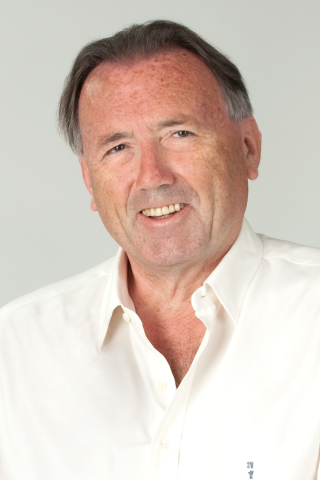
Practical information
Most of the recent literature on China"s rise forecasts that the country will sooner or later overtake the U.S. as the world"s superpower. Timothy Beardson explains why this will not happen in his book: Stumbling Giant: the Threats to China"s Future, published in May by the Yale University Press.
After opening up in 1978, China was the world"s fastest reforming country through the 1980s and 1990s. From 2000 reforms stopped. Growth is now slowing. With a declining labor force and later a falling total population, it is hard to see high economic growth after 2030. China now faces a window in which it must radically reform or fall into a “middle income trap,” often seen when a fast-rising economy runs out of steam and it experiences a shrinking ability to bring under-employed people into the economy.
An historian by training and a financier by career, Timothy Beardson has lived in Hong Kong for 35 years and has been engaged with China since 1978. He founded, majority-owned and ran Crosby Financial Holdings (1984-1999), which became the largest independent investment bank in the Far East. Beardson addresses economic and strategic issues at events such as the World Economic Forum at Davos and speaks frequently to governments, universities, boards and central banks on economic and strategic issues. Chairing the China Oxford Scholarship Fund, he is involved with the Chinese education system.
Chair: Françoise Nicolas, Director, Center for Asian Studies Ifri.
Other events

Paris Naval Conference 2025: Naval Power in support of Maritime Economy
This third edition of the Paris Naval Conference (CNP), bringing together high-level speakers from the military, industry and academia, aims to address the issues of securing the maritime economy for the world's navies.





